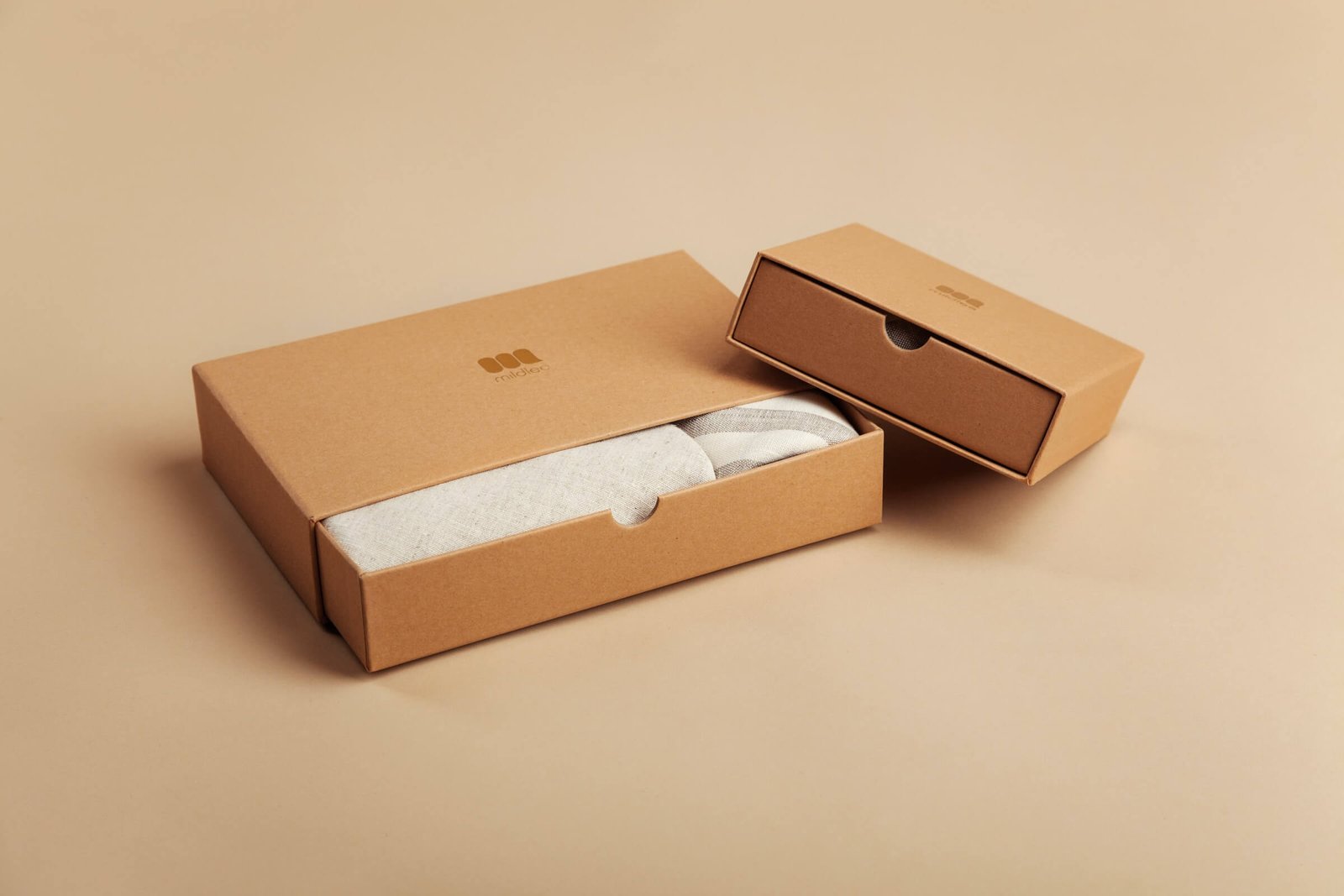Aluminum-coated Mylar bags represented 55% of the market revenue in 2023 due to their high barrier capabilities. This means a large number of people are switching to them and using them in their daily lives. While many people store freeze-dried food in Mylar bags, is it really the best choice for both your health and your budget?
After extensive research and personal experience, I recently discovered that my aluminum exposure, due to using an aluminum pressure canner and cooking with aluminum pans, has led to elevated aluminum levels in my body. Many people have shared similar experiences. In this blog, we’ll dive into whether using Mylar bags is a smart choice or if it’s time to rethink this common practice.
What Exactly Is Mylar?
There’s constant debate surrounding Mylar. People often wonder how it’s made and why it’s so widely preferred. If we dig deeper, Ibex Packaging states that Mylar is made by bonding aluminum to a polyester film, creating a material called PET (Polyethylene Terephthalate), or BoPET. While PET is generally considered safe, certain food enzymes (like zinc) or frequent handling can cause the material to break down, potentially releasing aluminum and microplastics into your food.
Why Do People Prefer Them?
People prefer custom mylar bags because of their durability and ability to maintain food freshness. They provide a strong barrier against moisture, oxygen, and odors, making them ideal for long-term storage. However, the right choice depends on your specific needs and what suits you better than other available options.
How Improper Use Can Lead to Severe Disease
Mylar bags themselves aren’t harmful, but improper use can lead to serious health risks. For instance, poor sealing or storing wet or perishable food can encourage bacterial growth, including botulism, which can be life-threatening.

